Four PhD Candidates to Graduate in 2013-2014
The UW CSE Security Lab is looking forward to the 2013-2014 academic year! Security Lab members Tamara Denning, Miro Enev, Karl Koscher, and Franzi Roesner (alphabetically) are scheduled to graduate with their PhDs this academic year. They will join the list of lab alumni, which includes Roxana Geambasu, now a professor at Columbia University in New York, and Alexei Czeskis, who will defend next week and join Google’s world-class security team in Mountain View.
Tammy’s interests are in the human aspects of computer security and privacy, with a focus on emerging technologies; past areas of work include security for implantable medical devices, the security of consumer technologies in the home, and security awareness and education. Her web page: http://homes.cs.washington.edu/~tdenning/.
Miro works on applying machine learning methods to quantitatively understand and defend against privacy and security risks in emerging technologies, with a focus on smart sensor environments. His web page: http://homes.cs.washington.edu/~miro/.
Karl works on securing embedded systems through evaluating existing systems (such as automobiles) and developing new tools and techniques to help secure these systems. His web page: https://homes.cs.washington.edu/~supersat/.
Franzi’s work has focused on security and privacy issues in the domains of third-party web tracking, permission granting in modern operating systems (such as smartphones), secure embedded user interfaces, and most recently, emerging augmented reality platforms. Her web page: http://www.franziroesner.com/.
 UW Security Lab’s Franzi Roesner just released LayerCake, a modified version of Android that supports secure application embedding. Learn about LayerCake on the LayerCake web page,
UW Security Lab’s Franzi Roesner just released LayerCake, a modified version of Android that supports secure application embedding. Learn about LayerCake on the LayerCake web page, 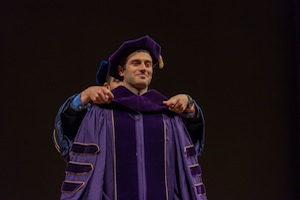 Congratulations to Alexei Czeskis! His advisor, Yoshi Kohno, hooded him at today’s UW CSE graduation ceremony. Alexei is scheduled to defend his PhD disseration on August 19, 2013.
Congratulations to Alexei Czeskis! His advisor, Yoshi Kohno, hooded him at today’s UW CSE graduation ceremony. Alexei is scheduled to defend his PhD disseration on August 19, 2013.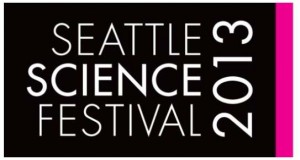 The 2013 Seattle Science Festival is the region’s only large-scale, community-wide celebration of science and technology. It brings hands-on exhibits, shows, demonstrations and performances to venues throughout the Pacific Northwest. All events provide experiences that educate, engage and inspire an interest in science and technology and stimulate imagination and innovation. The festival runs June 6-16, 2013.
The 2013 Seattle Science Festival is the region’s only large-scale, community-wide celebration of science and technology. It brings hands-on exhibits, shows, demonstrations and performances to venues throughout the Pacific Northwest. All events provide experiences that educate, engage and inspire an interest in science and technology and stimulate imagination and innovation. The festival runs June 6-16, 2013.  Amazonians got an opportunity to play
Amazonians got an opportunity to play 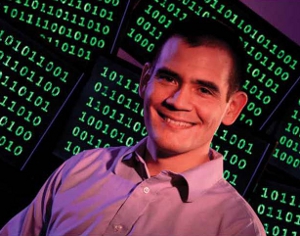 CSE professor Yoshi Kohno is profiled in the March issue of Columns, UW’s alumni magazine.
CSE professor Yoshi Kohno is profiled in the March issue of Columns, UW’s alumni magazine. 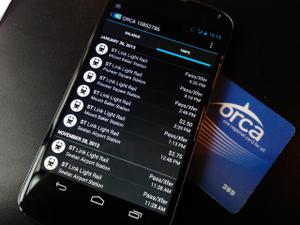
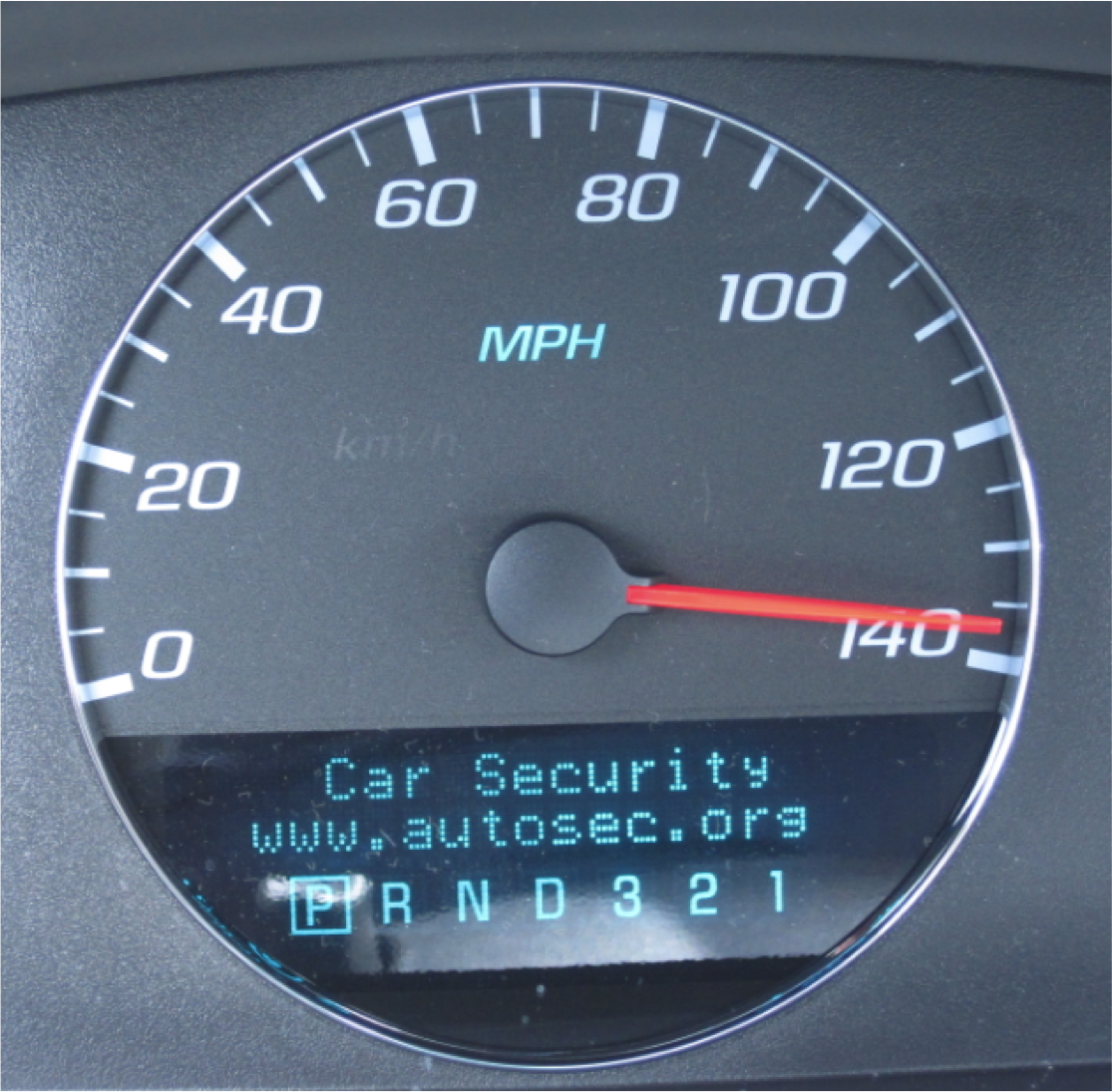 Listen to Security Lab member Franzi Roesner discuss automotive computer security on a German radio station
Listen to Security Lab member Franzi Roesner discuss automotive computer security on a German radio station